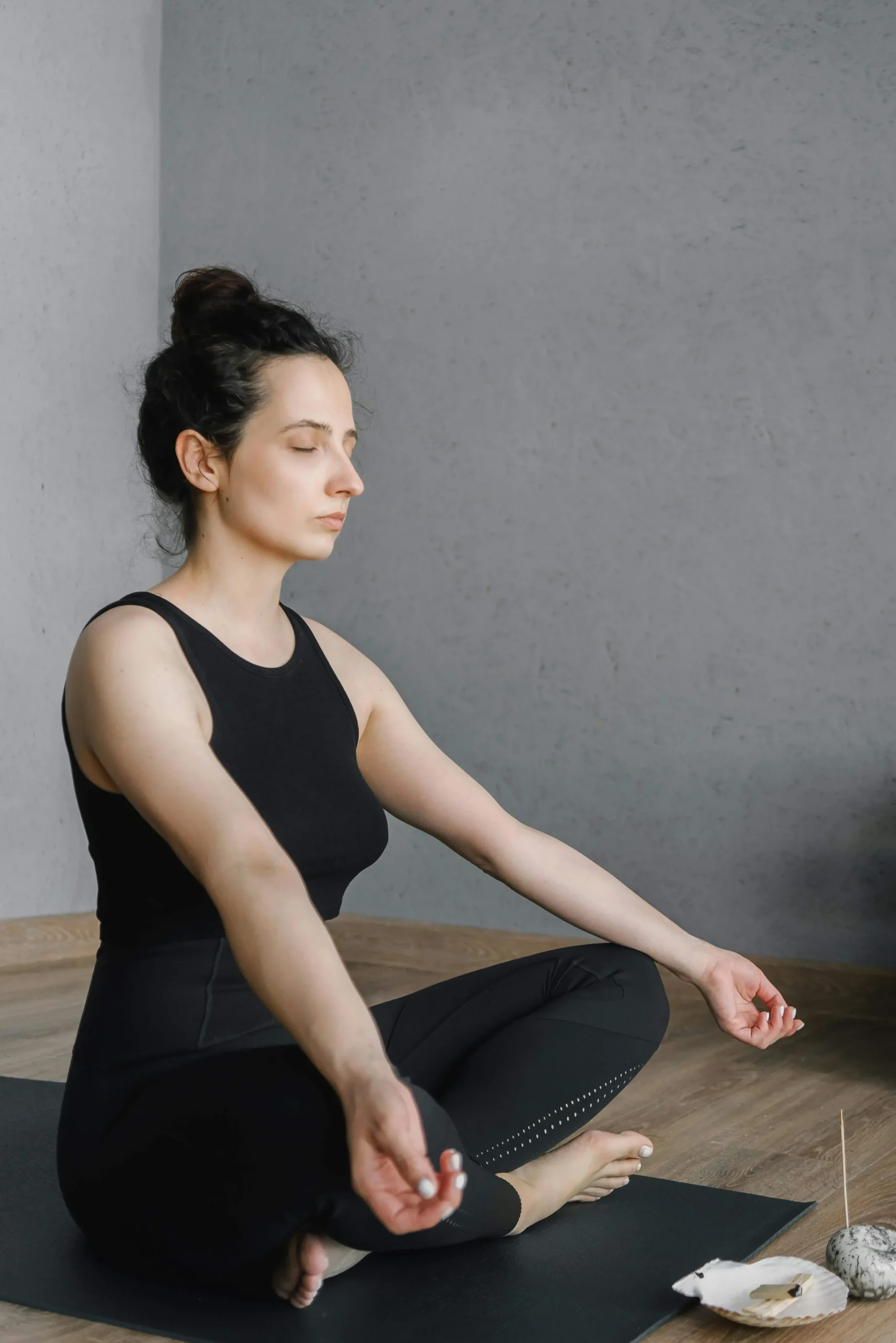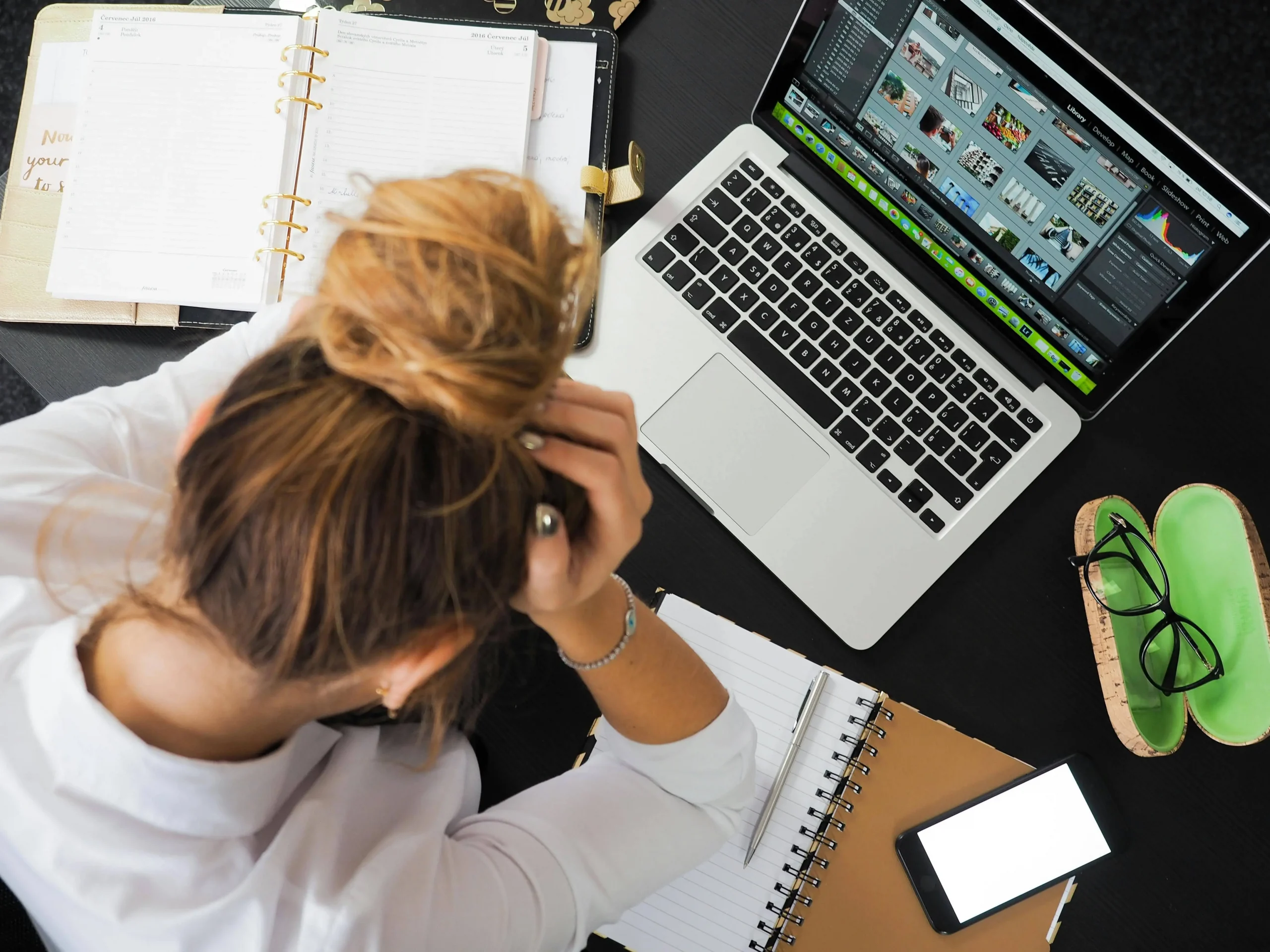Stress management and meditation
Stress is one of the greatest enemies of health and efficiency in contemporary society a reason enough to stress management. This way, it goes through the exciting synergy of stress management as well as meditation to assist you in tackling stress well, improving concentration as well as achieving improved mental health. Coping skills to be taught will include the use of relaxant tools including mindfulness, and physical exercises among others. Explaining the use of such practices as a part of a daily routine can help to achieve inner harmony of the mind and emotions. Find out how you can use these tools to redesign the compass that guides your body’s stress response to be a more positive one for your life.
Techniques for Stress Management
1. Mindfulness:
The management of stress entails mindfulness. It comprises being conscious of the current experience without passing judgment which assists in lowering stress and improving the quality of life.
Practice Mindful Breathing: They practised mindfulness and for this, you must concentrate on your breathing, and this helps in grounding you. The following is a very basic strategy that will assist in warding off stress and thus assist you in gaining a more relaxed mind.
Engage in Mindful Activities: Education generally involves making use of various activities including eating, walking or washing dishes among others; such activities can be transformed into practising mindfulness. Reflection can be done while exercising or performing other activities; focus on the sensations and events during those actions.
Mindfulness Meditation: Set aside about 10 to 15 minutes of time daily to spend doing mindfulness meditation. Do not even make any movements, try to follow your thoughts and feelings and kindly return your awareness to the breath.
2. Exercise:
Physical activities have been noted to be a sure way of managing stress for the better part of our mental health. Activities such as exercising help to produce endorphin which is a natural stimulant that uplifts one’s mood.
Choose such activities that you like doing including walking, jogging, cycling or dancing. The only thing is to discover that which we are challenged by and which makes us interested. Establish a Routine: Try and get some moderate exercise for at least half an hour on most days of the week. Pervasiveness is critical when it comes to enjoying the full long-term health and fitness dividends of exercise.
Incorporate Movement Breaks: Stretching, a brisk walk, and all such forms of exercise can be very effective in providing some measure of relief from stress and in helping one to pay more attention to whatever work he is doing at a particular time.
3. Relaxation Methods:
Through relaxation methods, it is possible to exercise control of stress since they aid in the relaxation of the physical and mental faculties. These methods can ease tension and or put into practice, instruments that foster calmness.
Progressive Muscle Relaxation: This technique entails the contraction of the muscles and then releasing them from one part of the body after another. It can assist in the building up of physical stress and tension and work towards the creation of relaxation.
Guided Imagery: Visualizations were proposed for creating a visualization of the environment where one is to focus on calmness and relaxation. This practice can assist in eliminating stress or at worst help in calming the mind hence improving focus.
Deep Breathing Exercises: Take several slow breaths in to and out of your nose, pause with the breath held in for some time, and then blow the breath out through your mouth. This technique can assist in engaging the rest and digesting response in the body.
Practices to Enhance Focus, Reduce Stress, and Promote Mental Clarity
1. Meditation

Prayer is one of the best stress management and cognitive sharpening techniques known to man. Meditation practice enables one to control his or her emotions and stress hence enabling him or her to have a balanced self.
Types of Meditation: Research more about meditation techniques like mindfulness meditation, loving-kindness meditation and body scan meditation. Identify the type that appeals to you and one that will be appropriate for your schedule.
Create a Meditation Space: One should identify a room, area or corner for meditation where there is no loud noise or disturbance. This can assist you in building a schedule for your personal life and putting meditation in your daily plan.
Start Small: You want to start with the shorter periods, for example, 5-10 minutes in the morning and then build up progressively to the longer periods.
2. Journaling
Journaling is another form of coping and can give one an insight into what one may be going through mentally and psychologically. One can easily write down the events or stressors they face in their daily life which will in turn enable us to understand the stressors.
Daily Reflection: It is therefore important to spend some time daily in thinking and or reflecting on your thoughts and feelings. Jot down about whatever is preoccupying your mind and how you are managing stress.
Gratitude Journaling: One way to take the focus away from negative aspects of life is by writing down things that are good in one’s daily life hence a gratitude journal. Penning down things you are grateful for enhances your mood and relieves stress, besides improving the quality of time.
Track Progress: Keep a log in your journal as to how you have been coping with stress and what strategies you have found helpful or not helpful.
3. Healthy Lifestyle Habits
Thus, adopting the elements of a healthy lifestyle promoted in the program could potentially minimize stress and improve individuals’ quality of life.
Balanced Diet: Take a balanced diet which is major in fruits, vegetables, whole grain products and lean proteins. A balanced diet strengthens mental and physical well-being and such factors should be considered during stress.
Adequate Sleep: Also make sure that you are able to get at least 8 hours of good quality sleep at night. Lack of sleep causes stress and the individual’s mood, as well as his/her ability to think and reason, is also affected.
Hydration: As for the regular sections one should make sure to drink enough water to avoid dehydration during training. Stress results from dehydration hence making it worthy to seek ways to enhance the supply of water in the body.
4. Social Support
Specification and sustaining of positive and healthy social relationships help in diminishing stress and bringing in of emotional support.
Connect with Loved Ones: Surround yourself with good company that includes friends and relatives as well as reach out to those who inspire you to be all that you can be. Social contact eases loneliness, meaning that interacting with other people adds a sense of belonging to society.
Seek Professional Help: If stress becomes overwhelming, one can consult a mental health worker. Psychotherapy or counselling might help, and give suggestions on how to deal with these issues.
So, It’s possible to learn to manage stress effectively and implement meditative techniques in your everyday life to enhance psychological and emotional well-being. When it comes to the strategies for stress management and the improvement of attention, it is possible to highlight mindfulness, the exercising routine, and relaxation techniques as effective tools. Other activities that help in stress reduction and self-development are also included in the treatment plan such as meditation, journaling, consuming a healthy diet and exercising.
To fully derive the full impact of these practices, incorporate them in your daily lives to revolutionise the way you deal with stress keep reading my articles.
Read more similar articles:
Personal reflection and journaling
